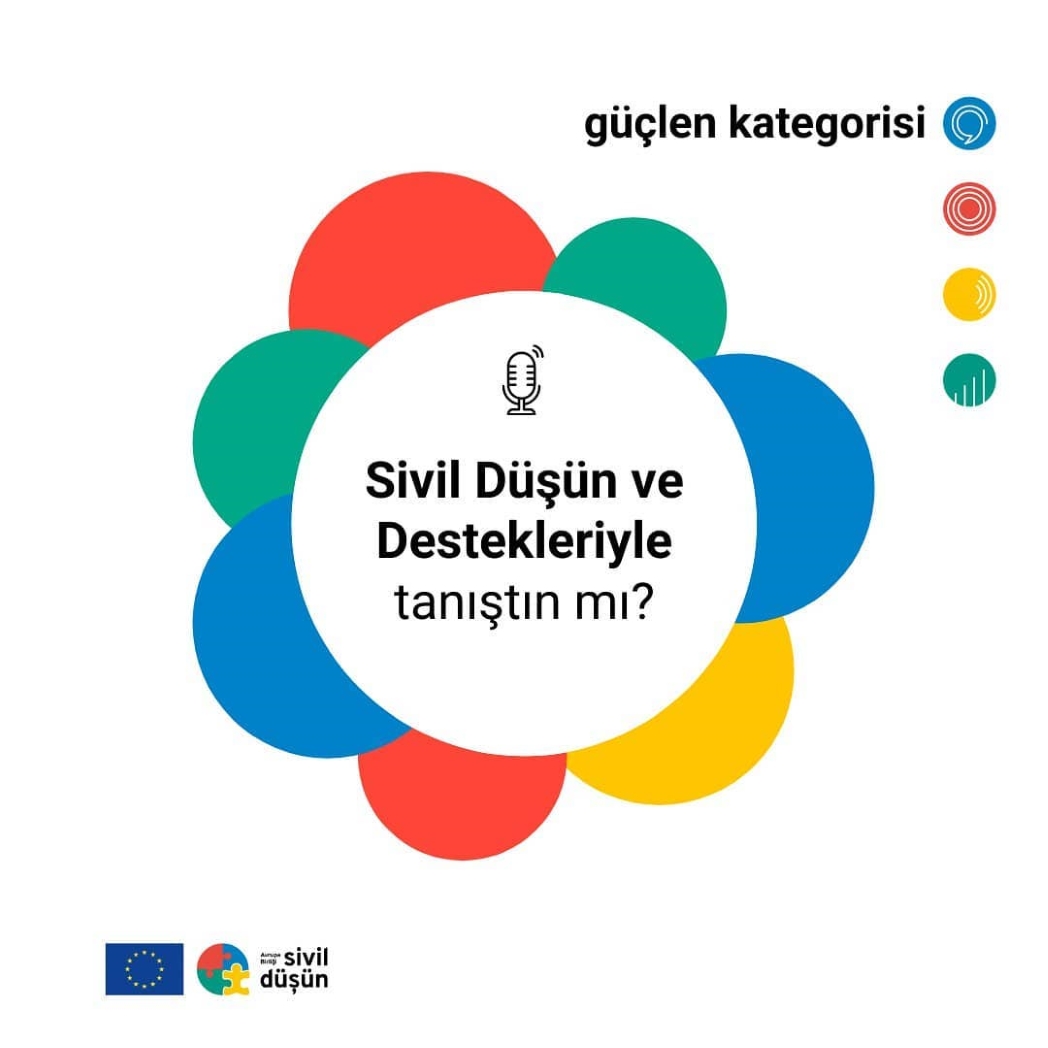From global or geographical perspective, the economy has different requirements to achieve sustainable and dynamic results. To be considered as financial instruments, each of these requirements has its own motivation and needs. Every country or continent around the world has the advantage of defining its own financial instruments for the economy and depending on this fact they can develop new instruments to strengthen their capital, functioning, and inevitably, their efficiency and effectiveness.
Considering the aim of growing and strengthening the economy, SMEs can be considered as the global instrument of the economy. World Bank defines SMEs as a major role player in creating jobs and developing global economics, representing about 90% of businesses and more than 50% of employment. European Union also underlines SMEs as engines and representatives of 99% of all businesses in the EU.
What if we were trying to get support to establish an SME or if we were an entrepreneur looking for funds? As the European Commission has underlined, baby steps need to be followed – the so-called “Think Small First” principle. The “Think Small First” steps may vary but if keywords are highlighted, the obvious first step will be about getting financial resources. Without reaching a financial resource; innovation, creating jobs, networking – which are some of the main outputs of SMEs – will not be that easy. Once funding has been achieved, other needs will arise such as what the funding will trigger or how it will be used for creating a network in marketing. While creating networks like locally-based clusters, it should be kept in mind that, another important instruments for SMEs are the international networks. Regardless of the concept of the networks created, some of the important outputs to be achieved are sharing good practice examples and increasing the chances of integrating into different sectors.
To this end, there are some funds to improve the business environment for SMEs for different purposes such as tourism, social economy missions, procurement, textile or internationalisation. These fund initiatives contribute to competitiveness and obviously the digitalisation of today’s world. In order to increase competitiveness and get used to digitalisation for SMEs, entrepreneurship and entrepreneurial culture need to focus on improving business activities.
When we look back and see the needs of SMEs in internationalisation, networking, and financial resources, COSME Program is a supporter for European SMEs and entrepreneurs. As we have underlined, SMEs support economy in terms of innovation, flexibility and dynamic environment, and supporting them in various ways is a necessity for ensuring sustainability. There are different programs and funds to support SMEs and those who are giving support to SMEs. Between 2007 and 2013, European Union’s Competitiveness and Innovation Framework Programme (CIP) takes SMEs as the target and one of its programs “The Entrepreneurship and Innovation Programme (EIP)” seeks to exchange of best practices, networking, and innovation. When it comes to 2014 – 2020, COSME Programme succeeds the Competitiveness and Innovation Framework Programme (CIP).
In Turkey, COSME Programme is coordinated by the Small and Medium Enterprises Development Organisation (KOSGEB) and the main aim of the KOSGEB is to benefit from participation in the program by increasing the publicity.
COSME Turkey Project activities continue successfully with trainings, workshops, written reports, coaching and pre- coaching meetings that will benefit the target groups. Individually around 3000 participants received and benefited from different services under the project. To date, 9 focus group trainings have been held, of which 7 were for different COSME open Calls and 2 were general information about COSME Calls. For these calls, 61 different institutions participated in 33 coaching services and 80 separate institutions actively participated to pre-coaching meetings.
As mentioned above, there are some important and hot topics that SMEs should follow in order to catch up with the needs and requirements of the global world. One of the main aims of the project is to reflect on the importance of these key topics and provide useful information on trends, so that this information can be used by participants in their studies, strategies, and relevant local implementations. Up until now, topics on Digitalisation Transformation, Circular Economy, Export and Foreign Trade process, Green Deal, Innovation Management were the highlights of the activities.
Information could be received through trainings, workshops, coaching services and from the experiences of others in order to have an idea on what to do, how to do, and “what not to do” is another issue that SMEs will need. One of COSME programme instruments for this purpose is Enterprise Europe Network (EEN) which aims to increase innovation, internationalisation and create a favourable environment for SMEs. EEN could be seen as the largest scale of network for business support and coordinated by European Commission and EAISME. Currently, a new EEN Call is announced and COSME Turkey Project is working on providing service on this goal to maximize consortiums effectiveness.
SMEs are important building blocks of the economy and for them to take an action, a strategic approach needs to be defined in order to address their objectives and requirements. By doing so, mutual benefits will be provided for SMEs and those who benefited from them. The COSME Turkey Project team will continue to follow new developments, innovations and calls that will result with achievements for SMEs and institutions providing assistance to current and potential beneficiaries. So, always bear in mind: Think Small First!
Author: Neslihan Bastem, WEglobal Project Manager







